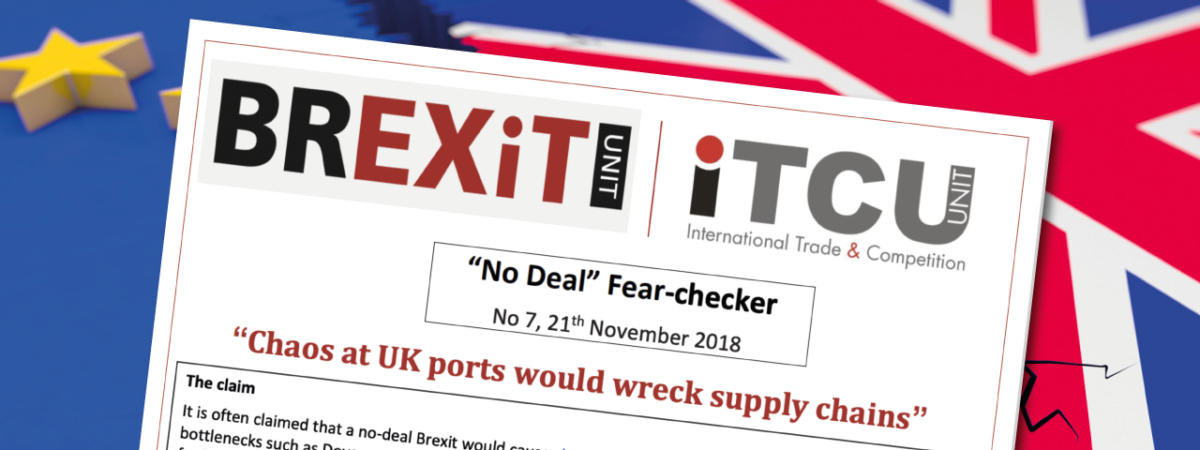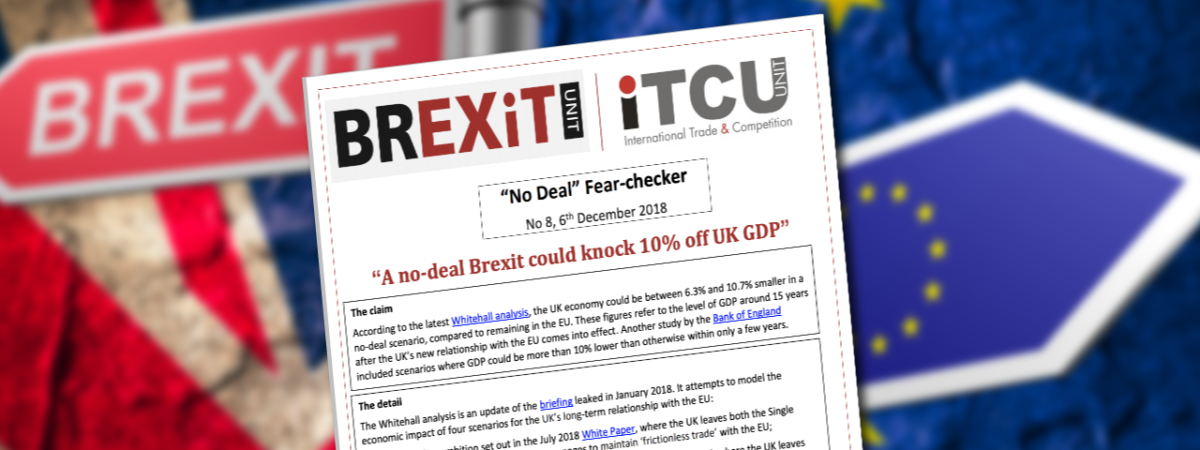Blocking Progress: The Damaging Side Effects of Economic Sanctions
SUGGESTED



Trade sanctions rarely work & create substantial costs for the world economy, says new IEA report
- During the twentieth century, economic sanctions became more prevalent. In the twenty-first century they have become a frequently used tool for governments seeking to change the behaviour of other countries.
- An extensive research literature exists on the effectiveness of sanctions. Overall the research shows that sanctions very rarely achieve foreign policy goals. At the same time, sanctions create negative externalities.
- Sanctions limit the economic well-being of people in targeted countries, in some cases leading to malnourishment or even starvation. They also undermine economic and civil liberties, instead encouraging centralised state control.
- While sanctions are often aimed at destabilising governments, people in sanctioned countries often turn to their government when the country is isolated from the global marketplace. The sanctions on Russia in early 2014 coincided with Vladimir Putin’s popularity rising from an all-time low to an all-time high point.
- The sanctions against Russia have led to a trade loss estimated at US$114 billion, with US$44 billion borne by the sanctioning Western countries. In percentage terms, Germany bears almost 40 per cent of the Western trade loss, compared with just 0.6 per cent incurred by the United States.
- Two wealthy countries that are neutral in sanctions against Russia – Israel and Switzerland – have experienced a trade loss of 25 per cent between 2014 and 2016. This is nearly as high as the 30 per cent trade loss of the largest four sanctioning economies. Since sanctions undermine global value chains, neutral third-party countries are also hurt.
- Fostering global value chains is a better strategy for promoting security, since economic interdependency makes peace a more attractive alternative than conflict. Market exchange is typically a better option than sanctions if the objective is a free, peaceful and prosperous world.
Fullscreen Mode



